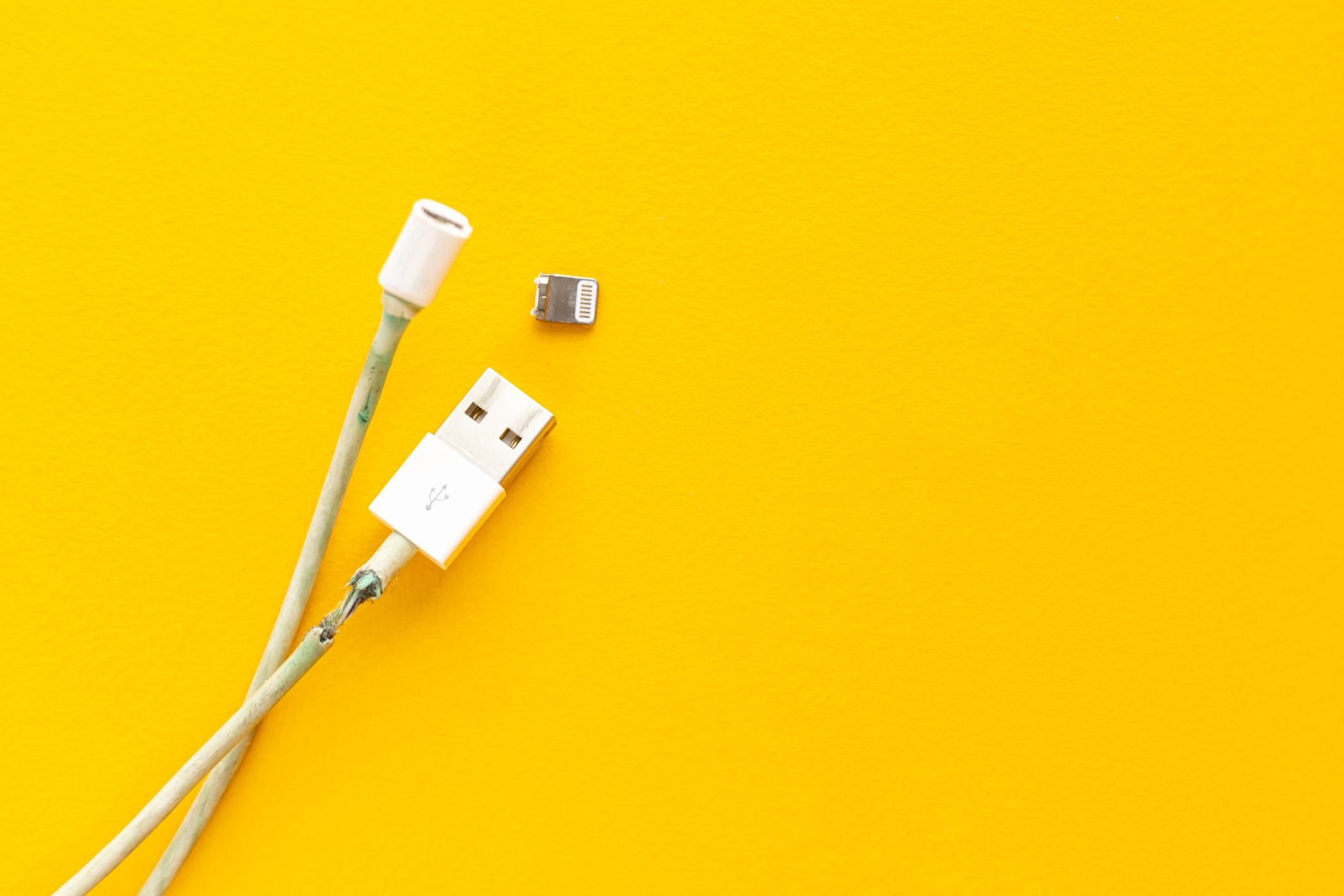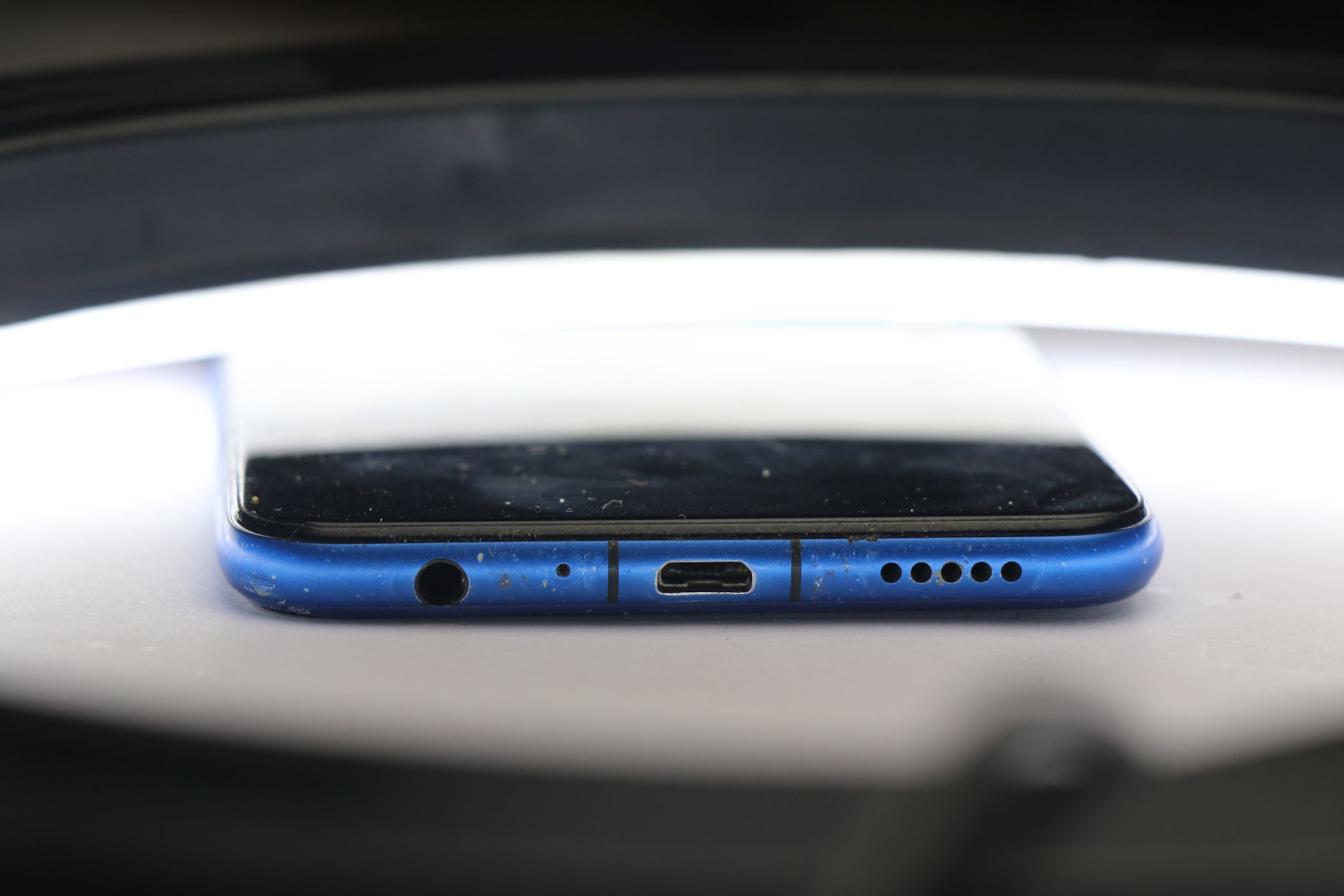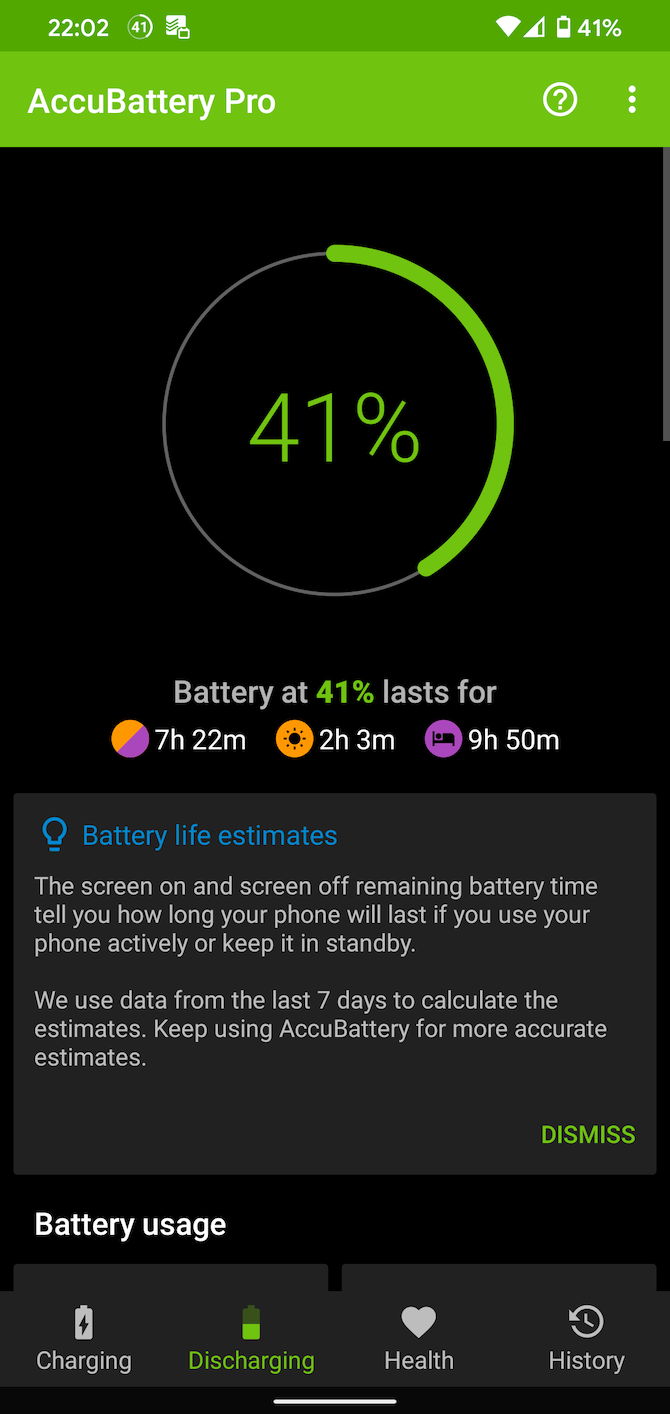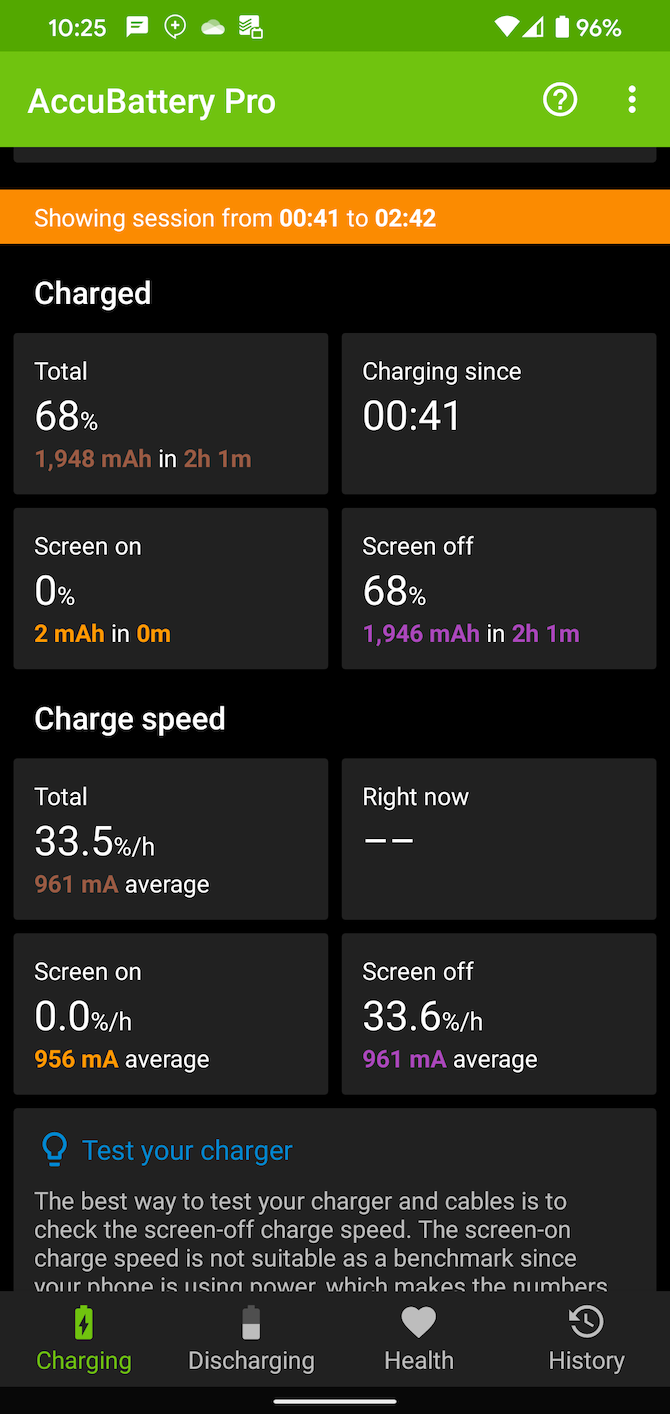It's becoming a real hassle—you just want to get on with your day, but you're stuck waiting around for that little battery icon to fill up.
Let's dive into the top reasons your phone could be charging oh so painfully slowly.
Your Charging Accessories Are Damaged or of Poor Quality

The quality and condition of your charging accessories are crucial in how quickly and efficiently your phone charges. Ideally, you should use chargers from reputable companies. The one that came with your phone is the best. If you buy some random unknown brand, you might find that it doesn't charge as quickly as your phone can.
The charging cable matters just as much. Over the years, cables experience wear and tear, especially around the plug ends. Frayed or exposed wires are not only a safety risk but will also seriously slow down charging speeds. Even if you can't see damage, busted wires inside can cause intermittent or sluggish charging. Plus, cheap cables often skimp on material thickness, so they have more resistance, limiting the current to your device.
Finally, environmental factors can also degrade your charging gear over time. Extreme temperatures, moisture, and physical stress damage cables and adapters, even from reputable brands. So, be mindful of how and where you store your charging accessories when not in use.
The Charging Port on Your Phone Has Issues

The charging port is crucial for charging your phone, so any issues can slow things down. One common problem is lint and other dirt. As your phone rides around in your pockets and bags, little bits of dirt, sand, and other small particles sneak into the port. That blocks the charger from fully seating, resulting in poor contact and slower charging speeds.
Drops and forceful plugging can also cause issues. Rough handling, accidental drops, or forcefully inserting the charging cable can bend or break the delicate pins inside the port. This limits how much power can flow through and extends charging time.
Moisture damage is another potential culprit. If your phone is frequently exposed to wetness or humidity, it can rust the metal contacts in the port. Rust acts like insulation, hindering electricity flow and slowing charging. In bad cases, it may fry the port entirely. Wear and tear from frequent plugging and unplugging can also take its toll. Over time, the constant friction can cause the port to become loose or misaligned, leading to slower charging speeds or the need to position the cable just right to maintain a charge.
To see if the port itself is the issue, try a different charger cable or adapter first to rule those out.
Background Apps May Be Draining Your Battery Faster Than It Can Charge
Modern smartphones are designed for multitasking, allowing numerous apps to run simultaneously. However, this convenience comes at a cost. Apps continue to operate in the background, refreshing content, tracking location, or performing other tasks even when you're not actively using them.
The problem is exacerbated by the fact that some apps are poorly optimized or have bugs that cause them to use more power than necessary. In extreme cases, a single misbehaving app can consume as much energy as several well-behaved ones combined.
Moreover, background processes aren't limited to third-party apps. System-level services, such as automatic updates and cloud syncing, can also contribute to battery drain. While these processes are essential for your device's proper functioning, they can significantly impact charging speed if they coincide with your charging session.
The issue is magnified when using lower-watt chargers or USB ports on computers, TVs, or car stereos, which might not provide enough juice for charging and all those energy-hungry background activities. You could end up watching your battery percentage go up painfully slowly or even continue to go down while plugged in!
To help with this, check your phone’s settings to see which apps use the most battery. Most phones make it easy to spot battery hogs. Then, you can restrict certain apps from running in the background or uninstall them if possible. Consider enabling power-saving modes while charging, too, to limit background action and boost charging speeds.
Your Phone’s Battery Is Aging and Losing Capacity


As smartphones age, so do their batteries. Most phone batteries can hold around 80% of their original juice after 500 full charge cycles. But it depends on how you use your phone, how you charge it, and things like temperature. If you're a heavy user, the battery might start losing steam in a year or two. Adopting good charging habits that extend your smartphone's battery life will significantly slow down this aging process.
It's important to note that battery degradation isn't always a smooth slope downhill. Extreme temperatures, using incompatible chargers, or letting the battery drain completely regularly can speed up the aging process. Software updates may also suddenly make the battery seem worse since new OS versions are more demanding on aging hardware.
You Are Using the Phone While Charging
If you use your phone while it's charging, you're basically telling it to do two big jobs at once—power everything you're doing and charge the battery back up. That creates a bit of a tug-of-war where the incoming power has to go to both things. As a result, there is less power charging the battery, meaning it takes longer to juice it up fully. You'll especially notice this if you're doing demanding stuff like gaming, streaming videos, or keeping several apps open simultaneously.
To optimize charging speed and keep your battery healthier for longer, it's best to leave your phone alone while it's plugged in. If you have to use it, try sticking to less demanding tasks. Even better, make charging your phone part of your routine when you're not using it much—like when working or taking a nap.
Your Phone Case Is Interfering With Proper Heat Dissipation
Phones get pretty toasty when charging due to all the chemical reactions inside the battery. Usually, the heat gets released through the back of the phone, which acts like a little heat sink. But when you've got a case on, it blocks that heat from escaping.
The material your case is made of makes a big difference here. Materials like silicone, rubber, and thick plastics are great at protecting from drops, but they also trap heat really well. While keeping your phone safe is important, all that insulation can cause issues when charging. The heat builds up with no way out, so your phone gets warmer and warmer on the inside.
It's not just slower charging you have to worry about, either. Constantly higher temperatures can wear down your battery over time, shortening its overall lifespan. So, the protective case that's supposed to help your phone might unintentionally contribute to prematurely degrading one of its core components.
Luckily, there are some easy fixes. Taking off your case while fast charging, especially, lets that heat escape much better. You could also look for cases made with thermally conductive materials or special vents/channels to vent the warmth. Some fancier ones even have stuff like graphene inside to regulate temperatures.
Your phone's sluggish charging could be due to any number of reasons. The only way to know is to run through the checklist we covered. And if all else fails, maybe it's time to start window shopping for an upgrade.
Source: MUO







